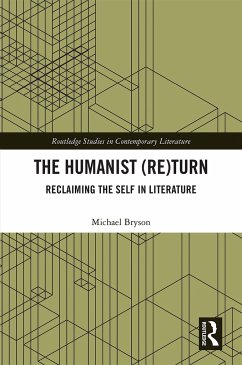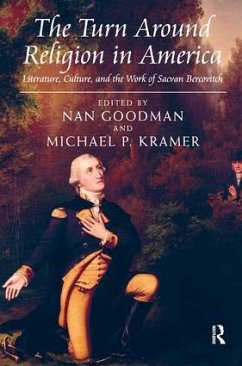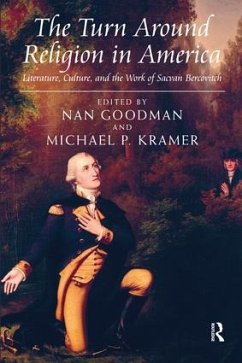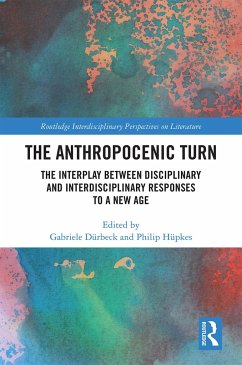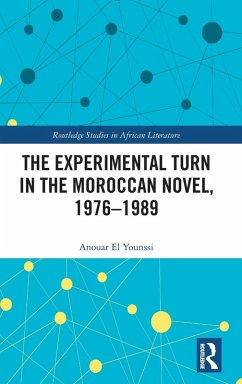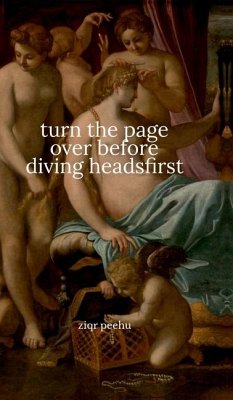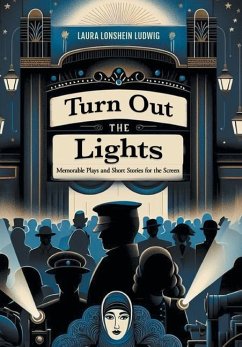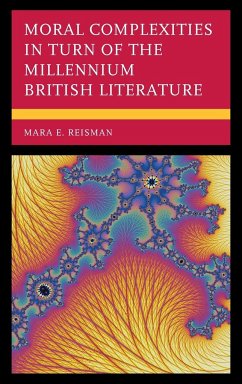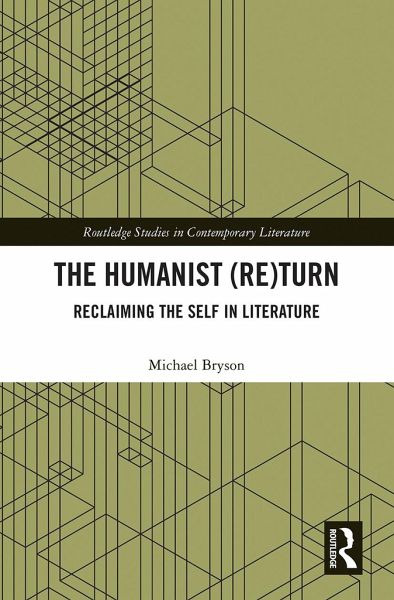
The Humanist (Re)Turn
Reclaiming the Self in Literature
Versandkostenfrei!
Versandfertig in 1-2 Wochen
55,99 €
inkl. MwSt.
Weitere Ausgaben:

PAYBACK Punkte
28 °P sammeln!
The exciting new book argues for a renewed emphasis on humanism--contrary to the trend of post-humanism, or what Neema Parvini calls "the anti-humanism" of the last several decades of literary and theoretical scholarship. In this trail-blazing study, Michael Bryson argues for this renewal of perspective by covering literature written in different languages, times, and places, calling for a return to a humanism, which focuses on literary characters and their psychological and existential struggles-not struggles of competition, but of connection, the struggles of fragmented, incomplete individua...
The exciting new book argues for a renewed emphasis on humanism--contrary to the trend of post-humanism, or what Neema Parvini calls "the anti-humanism" of the last several decades of literary and theoretical scholarship. In this trail-blazing study, Michael Bryson argues for this renewal of perspective by covering literature written in different languages, times, and places, calling for a return to a humanism, which focuses on literary characters and their psychological and existential struggles-not struggles of competition, but of connection, the struggles of fragmented, incomplete individuals for integration, wholeness, and unity.





